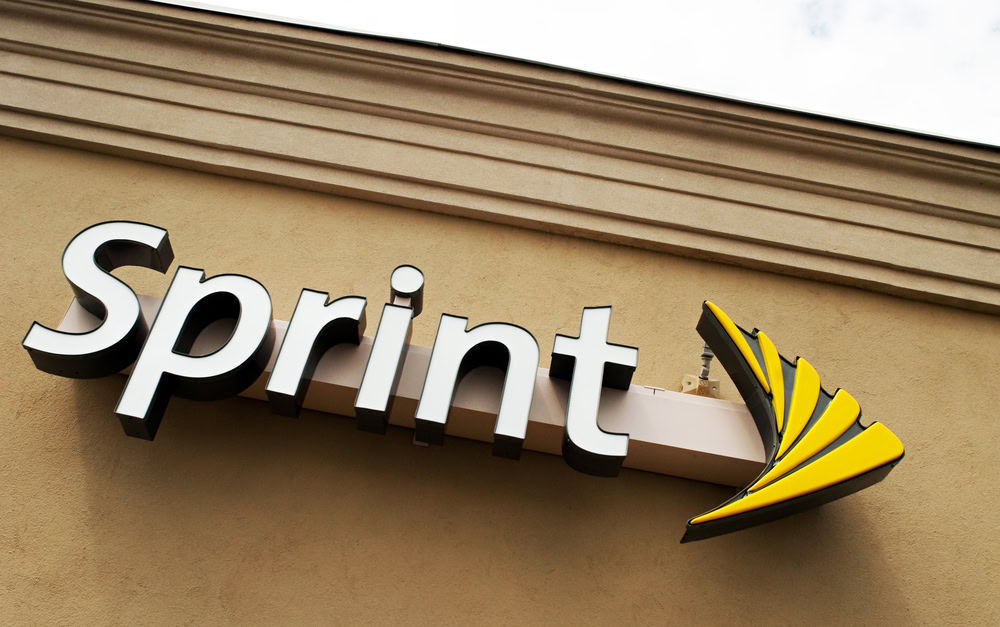From relatively poor network coverage to a failed 4G initiative, Sprint experienced several significant missteps throughout the last 10 years. It is that former misstep that got BTIG analyst Walt Piecyk’s attention since he published a presentation slide on Twitter that stands as a microcosm for Sprint’s poor fortunes.
According to the alleged slide, Sprint’s LTE network coverage pales in comparison to Verizon’s, AT&T’s, and T-Mobile’s. It even pales in comparison to the carrier’s general coverage map, which covers most of the U.S.
Then again, Sprint put itself in this position when it went all-in on WiMax in 2008 as its first foray into 4G instead of the more ubiquitous LTE. Limited adoption and less-than-adequate real-world speeds led to Sprint’s decision to shut down its WiMax network in 2016.


Realizing it backed the wrong horse, Sprint got to work on its LTE network in 2011 and had it fully functional by early 2014. By then, however, Verizon, AT&T, and T-Mobile already fleshed out their LTE networks and continually built upon them ever since.
From every viewpoint, Sprint has been working from behind for almost a decade. The carrier is not afraid to admit as much, however, because it really wants its merger with T-Mobile to go through without a hitch.
If the merger is successful, the new T-Mobile would reportedly capture 54 percent of the prepaid market. Then again, the U.S. Department of Justice reportedly contacted smaller wireless operators to get their takes on the potential merger.
The fear is that, if the T-Mobile-Sprint merger goes through, prepaid plans will become more expensive. Seeing how the prepaid market mainly consists of lower-income consumers, price increases would become very problematic for consumers and prepaid carriers alike.
There is also the problem of one less carrier, which would look bad for a limited market that already lacks competition.
T-Mobile and Sprint argue that the merger will help them deliver the fastest 5G network, create thousands of new jobs, and better compete against Verizon and AT&T. It all hinges on the FCC, which paused its review process due to new information from T-Mobile and Sprint.


Comments
Post a Comment